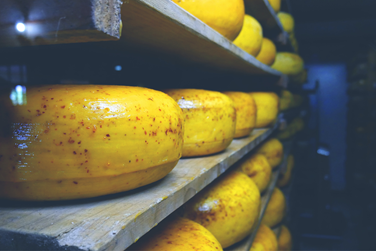FDF Trade Snapshot: Q3 2024
Our Q3 trade snapshot shows that food & drink exports continue to fall in 2024, driven by declines in alcohol sales. Steady export value for food and non-alcoholic drink masks a 16.3% volume drop, due to inflation and trade barriers.
Topics
Disclaimer: HMRC are currently reviewing the whisky export statistics due to potential errors in the reporting system. We will bring any updates once we receieve them.
With export volumes down so far this year, Targeted Export Support, particularly for SMEs, would be invaluable in recovering lost exports and helping companies to benefit from the increasing number of new market opportunities. Exports to Ireland have held firm, demonstrating how current trading flexibility provides significant benefits in supplying the island of Ireland. Increased market access to areas like the GCC will present opportunities.
Imports of food and drink continue to increase, however significant barriers persist. With low check rates currently, certification introduced in 2024 on certain EU imports remains the most significant barrier, particularly for small businesses. Most fruit and vegetables will require documents from July next year. We also encourage Government to pursue the full range of SPS Trusted Trader Modules benefiting EU and Non-EU suppliers.
The United States is our third most important export partner for food and drink and is also a key supplier to our market. The UK’s competitive export sector has consistently performed well in the country, achieving a trade surplus with the USA for the past decade. The UK should look to continue this relationship and adopt the more pragmatic US system for importing product samples, which is more supportive of R&D.
The UK’s accession to CPTPP in December has given new market access to Malaysia and will in some cases offer better terms than bilateral trade agreements. Market guides and export promotion will help UK exporters benefit from these opportunities. The accession is also an opportunity for further diversification of the sector’s imports, helping build a more resilient sector. Traders will also be able to benefit from more generous rules of origin, quicker custom procedures and document digitalisation.



